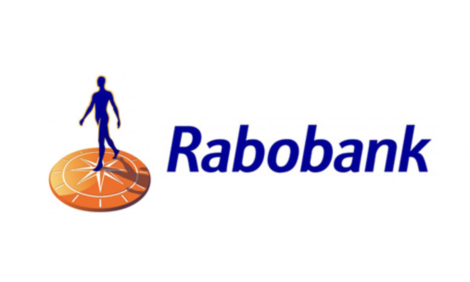



New research highlights opportunity to improve the iron status of piglets
Iron deficiency could be reducing the performance of piglets post-weaning, despite the routine use of iron injections and feed supplements.Recent data from Canada shows that, of approximately 1,000 pigs tested on 20 commercial farms using standard iron protocols, around 30% had low iron status or anaemia at weaning. This was associated with a loss in performance post-weaning.
Dr Peter Wilcock, North America Commercial Manager, AB Vista explained that a more wide-ranging perspective was needed, in order to bring about solutions for pig producers:
“To address the wider issue of anaemia on-farm, and investigate ways to mitigate the problem, a more holistic approach is required, considering other possible ways of boosting iron intake.”
The new study showed that adding high levels of phytase to starter feeds could increase the iron status of piglets, improving FCR and daily gain.
This research is particularly important as economic pressures change the way pigs are produced, said Dr Wilcock.
“The move away from animal protein based starter feeds in favour of those based more on vegetable sources may meet regulatory requirements and help to contain costs, but it also increases the level of dietary phytate. With phytate being well recognised as binding iron, it will reduce the availability of iron to piglets.
“Combined with the trend towards larger, faster growing litters, this means that the risk of iron deficiency in piglets is increased.”
Dr Wilcock explained that the addition of high doses of phytase to starter feeds can achieve near-complete breakdown of phytate and its lower isomers, increasing available iron and resulting in improved post-weaning performance.
In this particular study, weaner pigs were given different doses of modified E. coli phytase with high phytate affinity, to break down the phytate component of the vegetable protein. Assessment of iron status 21 days after weaning showed that, as the dose of phytase was increased, the iron status of the piglets improved in proportion. This in turn was reflected in improved growth and FCR.








